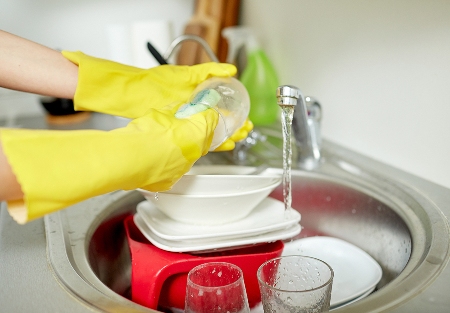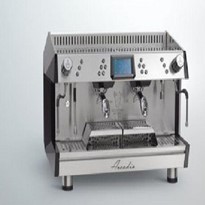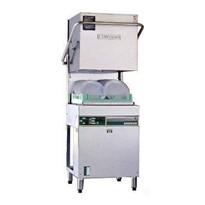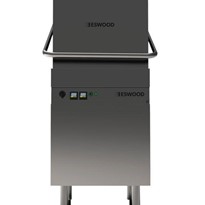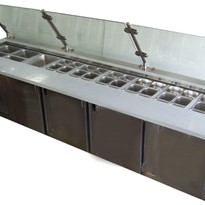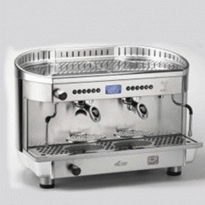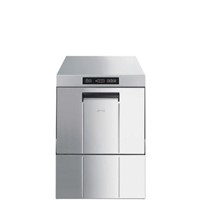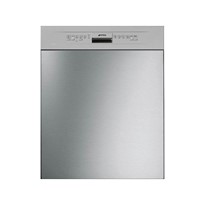HospitalityHub: What do you see as the main advantages of commercial dishwashers?
Rosie Bacon: For many businesses, commercial dishwashers are a necessity. Commercial dishwashers have a range of advantages for businesses, the most prominent being that they are fast acting, cost-saving and have the ability to increase sanitation within your premises.
Most commercial dishwashers can complete an entire wash and rinse cycle in under four minutes. Saving your business and employees valuable time. Given the short cycle time, you also reap the benefits of water savings and energy efficiency, resulting in cost savings for your business.
Having a hygienic environment is important for any business, particularly within the foodservice industry. According to the US National Sanitation Foundation, commercial dishwashers can remove more than 99.9 per cent of bacteria.
Standard dishwashers rinse at 60 to 70 degrees, while a commercial dishwasher rinses at 82 degrees or higher. The Australian Standard for the design, construction and fitout of food premises stipulates that eating and drinking utensils and equipment that comes into contact with food must be sanitised at a minimum of 80 degrees to prevent contamination.
Having to maintain a rinsing and sanitising temperature of 80 degrees is near impossible to do manually. Not to mention it being an issue of safety for staff to handle items at such a high temperature. The easiest way to circumvent these issues is to use a dishwasher.
How might cutlery polishers be beneficial for a business?
Cutlery polishers will save on labour costs. They can dry and polish anywhere between 1,500 to 12,000 pieces per hour; a feat no staff member can match. Using a cutlery polisher allows your staff to spend the time you're paying them for to perform other important tasks that support and drive your business.
When using a cutlery polisher, you are also preventing cross-contamination. Manual drying and polishing with cloths that have been used for cleaning can cause the spread of bacteria - no matter how clean your kitchen is.
How do you see this technology developing in future?
Cutlery dryer polishers are already changing to meet the demands of busy kitchens. Units are now quieter, smaller, and take up less space in already crowded kitchens.
The cutlery polisher is now becoming an essential part of any busy kitchen. As businesses expand, they need to weigh up the labour and time costs required to polish their cutlery. For us it's a no brainer, cutlery polishers will save you money.
On the warewashing side, commercial dishwashers are designed and manufactured with simplicity and functionality in mind. Improvements in rack design and the way the water jets spray have been designed and implemented to improve performance.
The construction of commercial dishwashers now places more emphasis on the environment, along with health and safety standards. We are seeing machines using less than three litres per cycle. Less water means less power required for heating, making these designs more energy efficient.
These days machines have detergent and rinse dosers built in as standard. Effectively eliminating the need for staff to be adding chemicals in for each cycle.
Commercial dishwashers come with digital temperature readouts and a thermostop. This ensures that the cycle won't finish without reaching the correct temperature for sanitising. Meaning dangerous microorganisms are destroyed. Simpler controls, smoother internals and self-cleaning cycles, means better hygiene and less germs.
Do you have any advice for businesses looking to purchase a commercial dishwasher?
You need to buy the correct commercial dishwasher for your site, situation and requirements. When we assist our customers, we ask the right questions before recommending a dishwasher. We need to take into consideration variables, including; water pressure, power, drainage, menu, staff, OH&S, how many meals per day, and also the quantity of plates, cutlery, pans and utensils.
If you're unsure of where to start, you should speak to a professional who can help you work through these factors to ensure you purchase the correct dishwasher for your needs.


